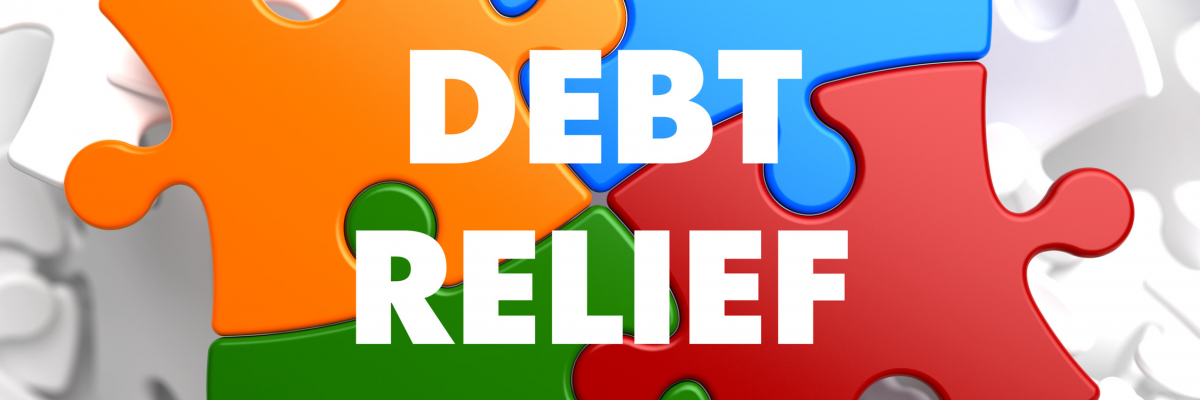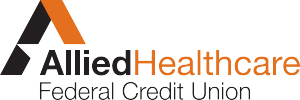
Which is the Best Debt Relief Option For You?
Debt is a way of life for most Americans. A 2018 report from Comet shows that nearly 80% of millennials, Gen Xers and baby boomers have debt. And, a 2017 report in MarketWatch found that half of American households currently live paycheck to paycheck. Debt may be the norm, but it’s not the most stress-free way to live.
Debt and stress often go hand-in-hand. When we live paycheck to paycheck, fall behind on our payments or don’t have enough money to cover an emergency, we may become overwhelmed with worry as we start wondering whether we’ll ever get our finances back on track.
Debt relief can help alleviate stress and improve your financial health. Here are some of the most common debt relief options:
- Balance Transfer.Transferring your high-interest credit card debt into a low-interest credit card can help you pay off debt faster. Paying a lower interest rate will allow you to pay off more principal each month and lower the total cost of your debt.
- Home Equity Line of Credit (HELOC). Because a HELOC is secured against the property, it typically carries a lower interest rate than unsecured debt, such as credit cards. Taking out a loan, such as a HELOC, to pay off credit card and other debt could save you money on interest and lower your monthly payments with fewer creditors to pay.
- Personal Loan. Acquiring a personal loan with a low, fixed rate can help you pay off debt faster since you’ll also be paying less interest. Having one account vs. many can also make payments more manageable.
- Debt Settlement. Debt settlement is when your creditor(s) has agreed to accept less than the amount you owe as full payment. It also means collectors can’t continue to hound you for the money and you don’t have to worry that you could get sued over the debt. Debt settlement can be costly, take 2-4 years to reach a settlement and have a negative impact on your credit.
- Bankruptcy. There are two kinds of bankruptcy for the average consumer: Chapter 7 and Chapter 13. In Chapter 7, most of your debts are completely wiped out. In Chapter 13, you arrange a plan with your creditors to pay pennies on the dollar for your debt over the course of 3 to 5 years, and then whatever is left is dismissed. Both can negatively impact your credit.
- Financial Coaching. A non-judgmental NFCC certified debt and credit counselor can help you make a plan to manage and get rid of your debt. AHFCU has partnered with GreenPath Financial Wellness to provide free financial coaching and educational tools.
There are a lot of factors that need to be considered when selecting the debt relief option that’s best for you. Please feel free to call a GreenPath Financial Wellness representative at 800-550-1961 or speak with an AHFCU credit union representative at one of AHFCU’s branches.



